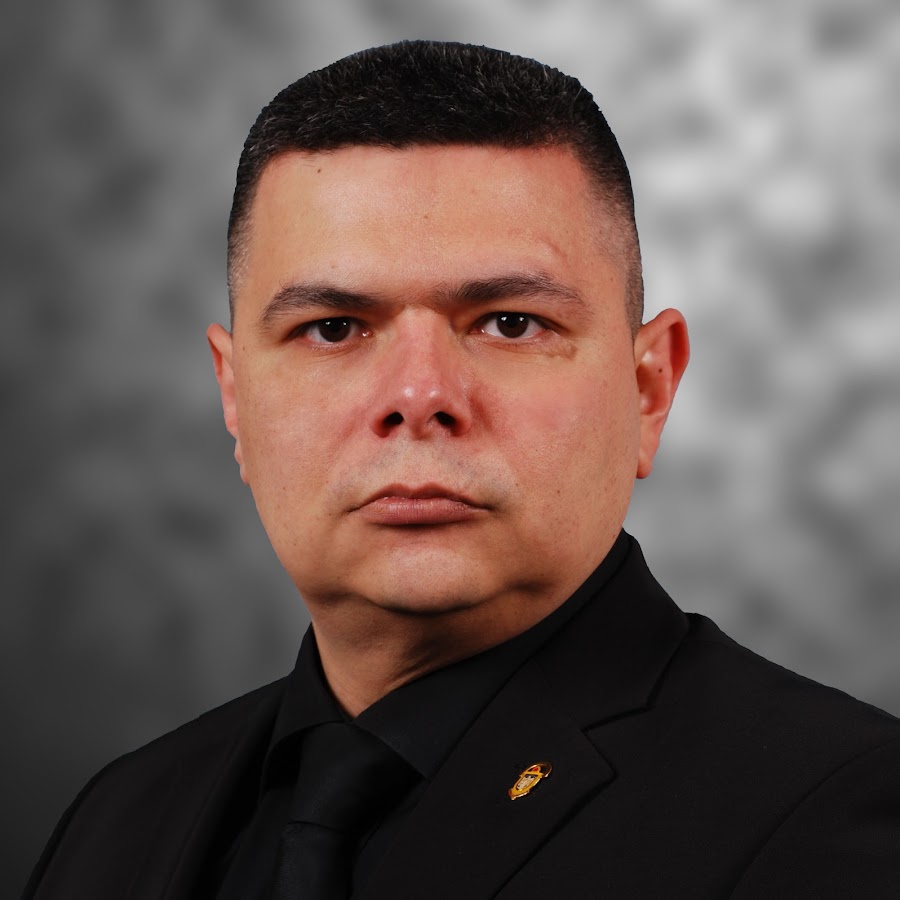“Frequency Control and Inertia Response Schemes for Future Power Networks”
Friday, Oct. 22 at 1:00pm
Via Zoom
Email communications@ufl.edu for Zoom info
Sponsored by the UF Chapter of the IEEE Power & Energy Society & UF Hispanics in ECE (HECE)
Abstract
The total system rotational inertia (H) is the primary source of electricity system robustness to frequency disturbances which arise due to an imbalance of generation and demand. The traditional large synchronous generators directly connected to the grid are the main sources of inertia, and they play an important role in limiting rate of change of frequency (ROCOF) and provide a natural response to the system frequency changes following an unscheduled loss of generation or demand from the power system.
The transition to a zero-carbon society is the main driving force pushing the traditional power system to increase the volume of non-synchronous technologies which mainly use power electronic converters (PECs) as an interface to the power network. However, one of the main drawbacks of traditional PECs is that they are decoupled from the primary source of the power network, and as a consequence are not able to contribute with “natural” rotational inertia in the same way as classical synchronous generators. During a system frequency disturbance (SFD), the system frequency will change at a rate initially determined by the total system rotational inertia (H). The inertial response of the system might be negatively affected with devastating consequences for system security and reliability.
The objective of this seminar is to present the fundamental aspects about system frequency control in electrical power systems and then discuss the main aspects of improving the system frequency response by using PEC-based technologies. Emphasis is presented in technologies (Wind Power and Battery Energy Storafe -BESS) and controls to improve the frequency response: the so called ‘inerial response’ and the droop response.
Biography
Dr. Francisco M. Gonzalez-Longatt is currently a full professor in electrical power engineering and the founder and leader of the DIgEnSys-Lab (Digital Energy Systems Laboratory) at the Department of Electrical Engineering, Information Technology and Cybernetics, University of South-Eastern Norway, Norway. His academic qualifications include first Class Electrical Engineering of Instituto Universitario Politécnico de la Fuerza Armada Nacional, Venezuela (1994), Master of Business Administration (Honors) from Universidad Bicentenaria de Aragua, Venezuela (1999), PhD in Electrical Power Engineering from the Universidad Central de Venezuela (2008), Postgraduate Certificate in Higher Education Professional Practice from Coventry University (2013), and Diploma in Leadership and Management (ILM Level 3), Loughborough University (2018).
Dr. Gonzalez-Longatt is the author or editor of several books (Spanish and English) including: “Power Factory Applications for Power System Analysis” (Springer); “Advanced Smart Grid Functionalities Based on PowerFactory” (Springer); and “Dynamic Vulnerability Assessment and Intelligent Control for Sustainable Power Systems” (Wiley).

